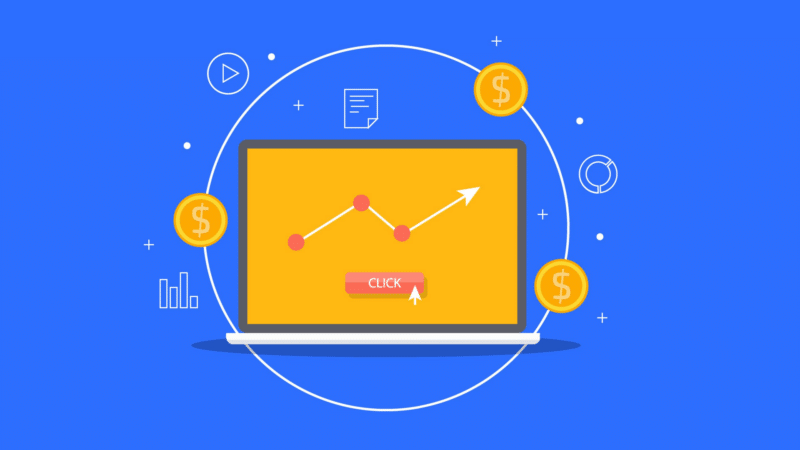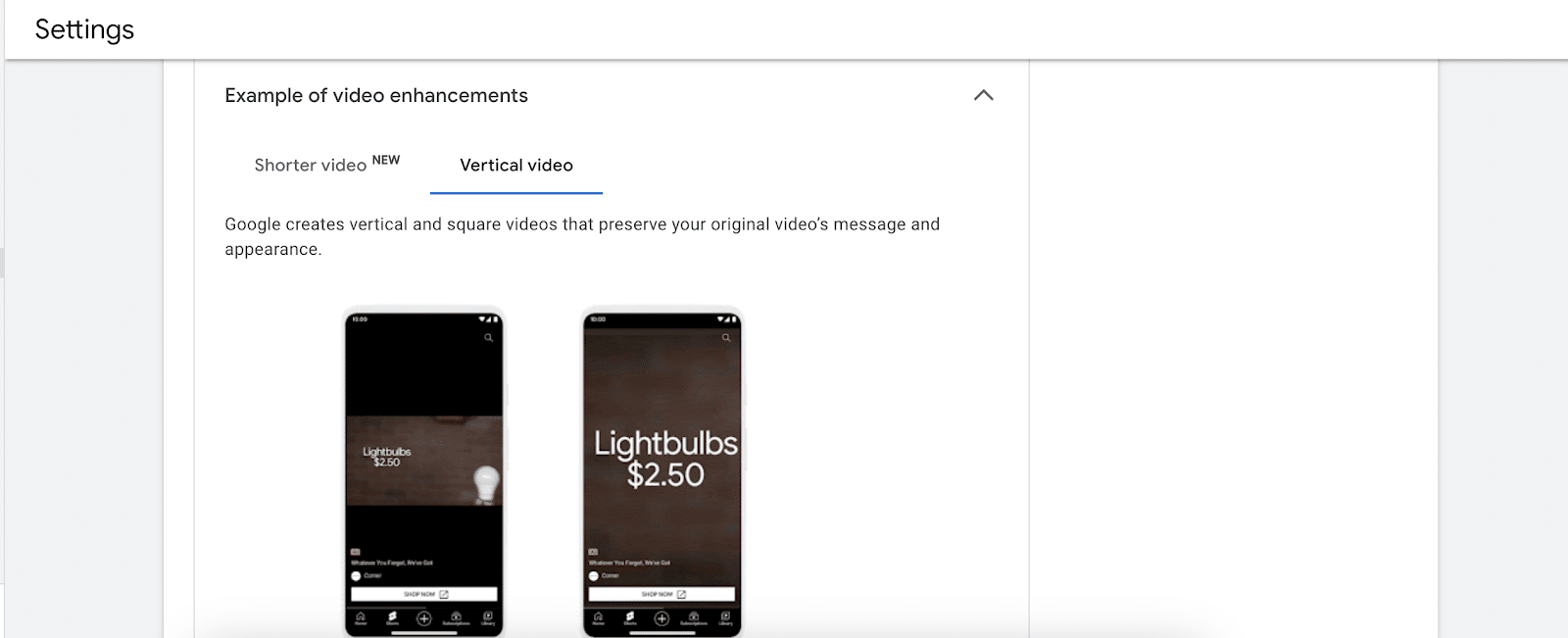
One size certainly does not fit all in PPC advertising. The strategies that drive success in ecommerce often differ from those required for effective lead generation.
Lead generation through PPC is more challenging than ecommerce.
There are more obstacles and numerous sales funnel strategies to navigate.
Additionally, major ad networks often favor ecommerce brands because of their new features and educational resources.
This article wasn’t written to complain but to explore the nuanced approaches needed for each, highlighting key strategies for lead generation such as fraud prevention, monitoring micro KPIs and navigating the complexities of revenue tracking.
The challenges of lead fraud
Lead generation campaigns face the persistent challenge of lead fraud, which can skew performance data and drain budgets. This can be true for display, video and cross-network campaigns.
Unlike ecommerce, where the end goal of a transaction requires a credit card payment, lead generation can be susceptible to fraudulent leads due to the naturally low barriers to entry.
Because placement targeting and bidding are mostly algorithmically based, shady content publishers have realized that generating fake conversions for an advertiser will cause the algorithms to serve more ads on their websites and YouTube channels and even bid higher.
For the advertiser, even if Google catches and credits the invalid click activity, fraudulent leads generate false signals, making it difficult to optimize and ascertain a campaign’s true performance.
Effective strategies to counteract fraud leads and keep your data clean include implementing advanced verification techniques. Using CAPTCHA should be a given.
Look at including complex conversion criteria, manually excluding spammy placements and avoiding hot beds to improve lead quality such as children’s apps and parked domain websites.
Run an analysis of placements where your ad showed on Google Ads and sort by conversion rate. Manually copy and paste the channels or websites into your browser. In lead gen, if the performance is too good to be true, it probably is.
Additionally, despite Google’s claims otherwise, using video enhancements to extend your video’s formats has been found to lead to low-quality placements and leads. As a best practice, turn off this Google Ads setting for Video campaigns.

Dig deeper: Paid search for lead gen: Tips for new accounts with limited budgets
Funnels and micro KPIs
Ecommerce funnels are typically straightforward. A potential customer enters the funnel, browses products and adds to cart. The simplicity of this funnel allows for clear-cut strategies and optimizations.
In contrast, lead generation funnels are far more complex. They can include various lead capture tools, such as free downloads, assessments, webinars and form submissions, each industry requiring a different approach.
Whether in ecommerce or lead generation, the importance of email capture as a micro KPI cannot be overstated. Capturing an email address provides a crucial touchpoint for re-engagement and long-term relationship building, especially considering that most visitors will not convert on their first visit.
Micro KPIs, as defined here, are incremental goals leading to the ultimate goal (i.e., revenue in the bank). However, they are just as important because they lead you to the end result. Micro KPIs can include email captures, email-to-buy conversion rates, marketing qualified leads and add-to-carts.
In ecommerce, capturing an email can lead to purchases through follow-up marketing. Lead generation is the starting point for nurturing leads through the sales cycle, gradually building trust and moving leads closer to conversion.
Especially if your lead generation goal is in-depth, such as an application form or assessment, consider prioritizing an email capture or lead magnet to gain more potential for relationship building.
Whether ecommerce or lead generation, micro KPIs should be measured and campaign-focused. For example, a top-of-funnel campaign will contribute more effectively to the end goal of revenue generation if it is optimized toward a micro KPI versus purchases or sales-qualified leads.
For ecommerce, a top-of-funnel campaign optimized for add-to-carts will fuel more fire for remarketing and total new customers. For lead gen, the conversion optimization goal for a top-of-funnel campaign should be email opt-ins.
If revenue is the objective at the end of the day, micro KPIs will get you there, but they will differ for ecommerce and lead gen.
Dig deeper: Top 5 paid search B2B lead gen strategies
Revenue tracking
One of the most significant advantages ecommerce holds over lead generation is the straightforwardness of revenue tracking. In ecommerce, the transaction of the purchase takes place online, making it easier to measure and make informed adjustments.
In contrast, lead generation involves multiple steps and interactions before a lead even potentially results in revenue. The sales cycle can be long and is often completed offline, which introduces a level of complexity in tracking and attributing revenue. Lead quality tracking is vital for adjusting strategies and ensuring that each lead generation effort is cost-effective.
The steps or integrations needed to incorporate your CRM and offline data into your PPC campaigns will pay dividends due to the improved insights. The ability to analyze performance that you gain can be used to pinpoint where customers are coming from and, more importantly, where your ad buying is not resulting in leads.
Effective lead management systems and CRM integrations are essential for analyzing lead quality. They help bridge the gap between online marketing efforts and offline sales results, providing a clearer picture of campaign effectiveness and areas for improvement.
Adapting your approach to PPC success
PPC advertising for ecommerce and lead generation requires distinctly different strategies and mindsets.
While ecommerce benefits from straightforward transactional metrics, lead generation demands a deeper engagement with potential customers over a more extended period. Both require a keen understanding of the customer journey, a strategic approach to new customer development and meticulous attention to micro KPIs.
By mastering these elements, marketers can tailor their PPC campaigns to meet the unique demands of their targeted outcomes, whether immediate sales or cultivating potential leads for future revenue.
Dig deeper: Driving lead generation with paid media: What’s new and what’s next